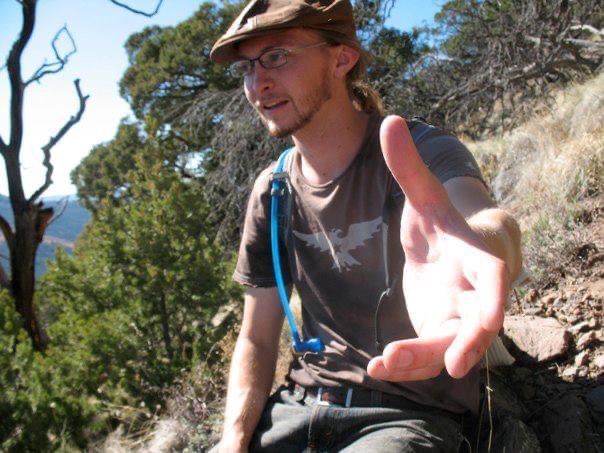We caught up with the brilliant and insightful James Bonner a few weeks ago and have shared our conversation below.
James, appreciate you joining us today. Let’s kick things off with a hypothetical question – if it were up to you, what would you change about the school or education system to better prepare students for a more fulfilling life and career?
I rarely took my education seriously. My parents, though loving, had a hands-off — or passive — approach to my sisters and my development; unless we asked for help. However, I didn’t know how or what to ask when it came to asking for help. As an adult, looking back at my childhood, and particularly how my parents’ parenting style influenced my education (a proactively individual approach to parenting compared to a collective, standardized approach to education), I couldn’t help but recognize a disconnect between what it means to be human and the structures we laid to accommodate the social dynamic of our individual journeys.
Firstly, education in the United States is obviously outdated. Structured to the agriculture economy of the mid-to-late 1800s, we’re compartmentalizing learning, reviewing, and proficiency separately to cater to students as if they were being ripped away from school every few days or seasonally to help on the farm or with the family. On top of that, we’ve created an arbitrary hierarchy of subjects establishing the idea that not only are there degrees of success but also what success looks like.
First grade through roughly sixth grade, students spend a semester learning basic material followed by a semester reviewing that basic material; the material accumulates in tiers of expertise and stages of review. as we graduate from one grade into another. Instead of learning degrees of graduated material reorganize the material suited to learning at appropriate ages. I believe this structure will reduce the need to review and relearn material students have already covered and expand allocated time to dedicate to a wider range of subjects.
High school should be structured more like colleges and universities. High school students should be focusing on and being helped to explore their passions and learn about how those passions relate to and contribute to society at large. High schools should have far more vocational and early learning opportunities to move directly into purpose-driven lives.
I’m sure I can elaborate, but I believe this expresses my perspective.
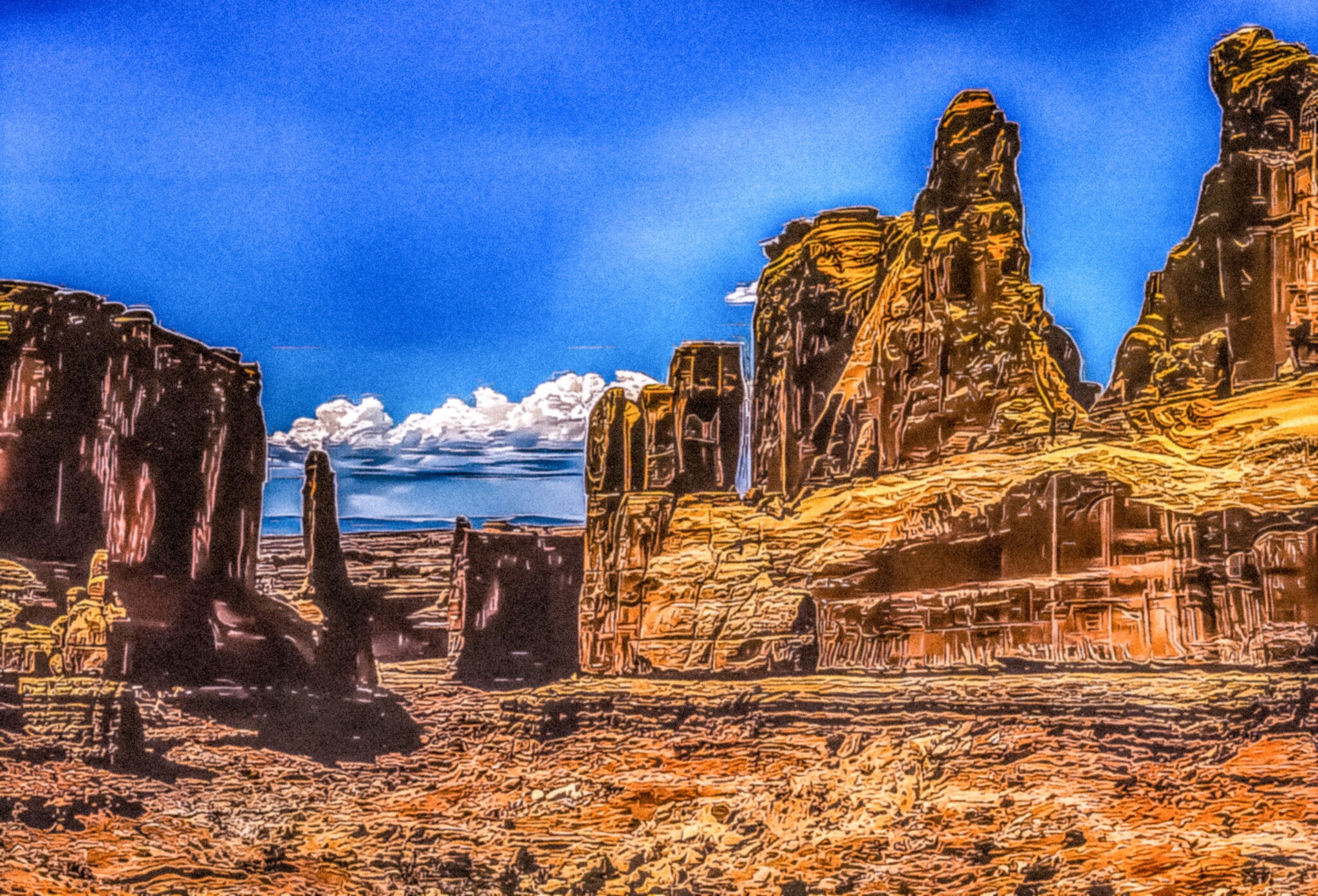
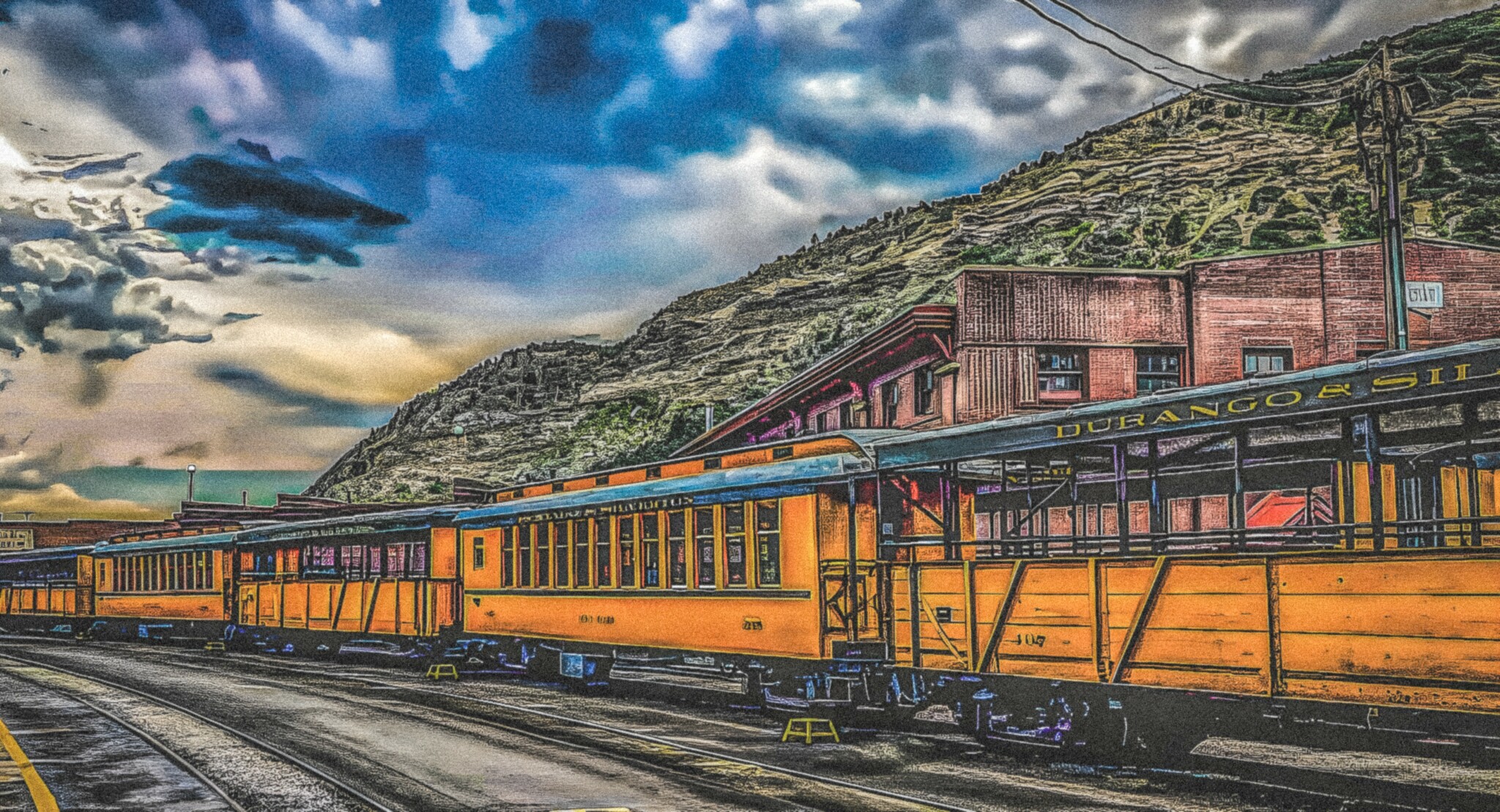
Great, appreciate you sharing that with us. Before we ask you to share more of your insights, can you take a moment to introduce yourself and how you got to where you are today to our readers.
I’ve always known that I was a writer. Society, however, expectations, my parents, etc., all had different opinions about who I should be. I struggled to find myself in the more “practical” areas of society. In the meantime, I gave very little to this passion for writing that had been a part of me. I explored different retail opportunities and discovered the bookstore, which was at least an environment I enjoyed being in. I studied psychology at university before dropping out because the life I felt I was building was foreign and uninteresting. Eventually, feeling stagnant and without direction, I got in my car and started driving west with no destination in mind. Throughout the following decade, I lived in Idaho, Utah, New York (City), and New Mexico; I worked at different bookstores, a Barnes & Noble in Utah and New York City, Hastings in Idaho, Op. Cit. Books in New Mexico; I maintained a packaging machine for a potato processing plant’s graveyard shift, was a host and tour guide on an excursion train, managed the marketing for an art gallery, and even found the opportunity to write for magazines, newspapers, and journals (although I relied on a childhood talent and hadn’t yet explored the need to nurture my writing talent), before opening my bookstore.
After my building was sold and the lease expired, I was forced to close my store. Feeling defeated, I weighed my options briefly and decided to explore creating a website and moving online. Learning how to build a website took some time, let alone uploading several thousand books. I’m not particularly tech-savvy. As a Millennial, a generation split fairly evenly between tech pioneers and emotional intelligence gurus, my interest leaned more toward the emotional and the behavioral. I had to learn the language of the internet and, most gruelingly, SEO. I discovered that I’ll always be learning, designing, and building when it comes to my new tech venture. Nearly a year later, I realized I was spending all my time alone, on the couch, with my laptop. I decided to take a job merely to socialize.
I worked as a general staff member at Vitamin Cottage Natural Grocers. I was approached about promotions and positions of greater authority, which I turned down. At least, I turned them down until my website seemed to stall, and while I had several recurring customers, the new endeavor wasn’t supporting me. I accepted a promotion to Receiving Manager, which I did alongside maintaining my website for nearly two years. I decided to focus my attention on my work at Natural Grocers and accepted an Assistant Store Manager position. I was stressed, angry, and miserable the entire time. Afterward, I needed some emotional recharge and hoped returning to my roots (of sorts) would rejuvenate me. I took an Assistant Store Manager position at Barnes & Noble, where I was equally stressed, angry, and miserable. The stress and anger were brimming, and I knew I needed a change, but my next change needed to be fundamental.
I started focusing on self-care and reflection, actively meditating and practicing introspection to work through the many traumas of my past. While rediscovering myself, writing sifted up, and I realized I wanted to make writing a central part of my life. I took courses, read books, experimented with techniques and styles, and reflected on the other passions I’ve sheltered. Reinventing my website, I reinvigorated the bookstore. I added a writing digest with collections of stories and essays I started writing about my travels, food, music, TV/film, behavior, politics, poetry, and an autobiographical series. I also created a gallery and began exploring a passion for art and photography, selling my prints. I established a tier-based membership program to access exclusive content and get product discounts to increase monetization. I quit my job at Barnes & Noble and started focusing entirely on Communitea Books.
When I first built my website, I discovered, the hard way, the importance of time management. Reexploring my passions changed how I think about work and even my approach to how we vilify work culturally–aligning with many of the tribulations we suffer as a society. Communitea Books is a collection of passions–my passions, where I envision a future for the website that is a collective of artists and ideas that inspire people to imagine their passions into existence. And while art is a very important although diminishing part of our society; it’s not merely the service or product that artists create but the counterculture ideology that guides us into the next development of our culture. The cycle that artists and the passion that bleeds through their work inspiring ideas and future generations has shifted, possibly even at a standstill. Social media has replaced how we focus our anger, drive, and spirit to progress… Communitea Books can be a seed that inspires us to discover the importance of passion and the pursuit of realizing our passions.

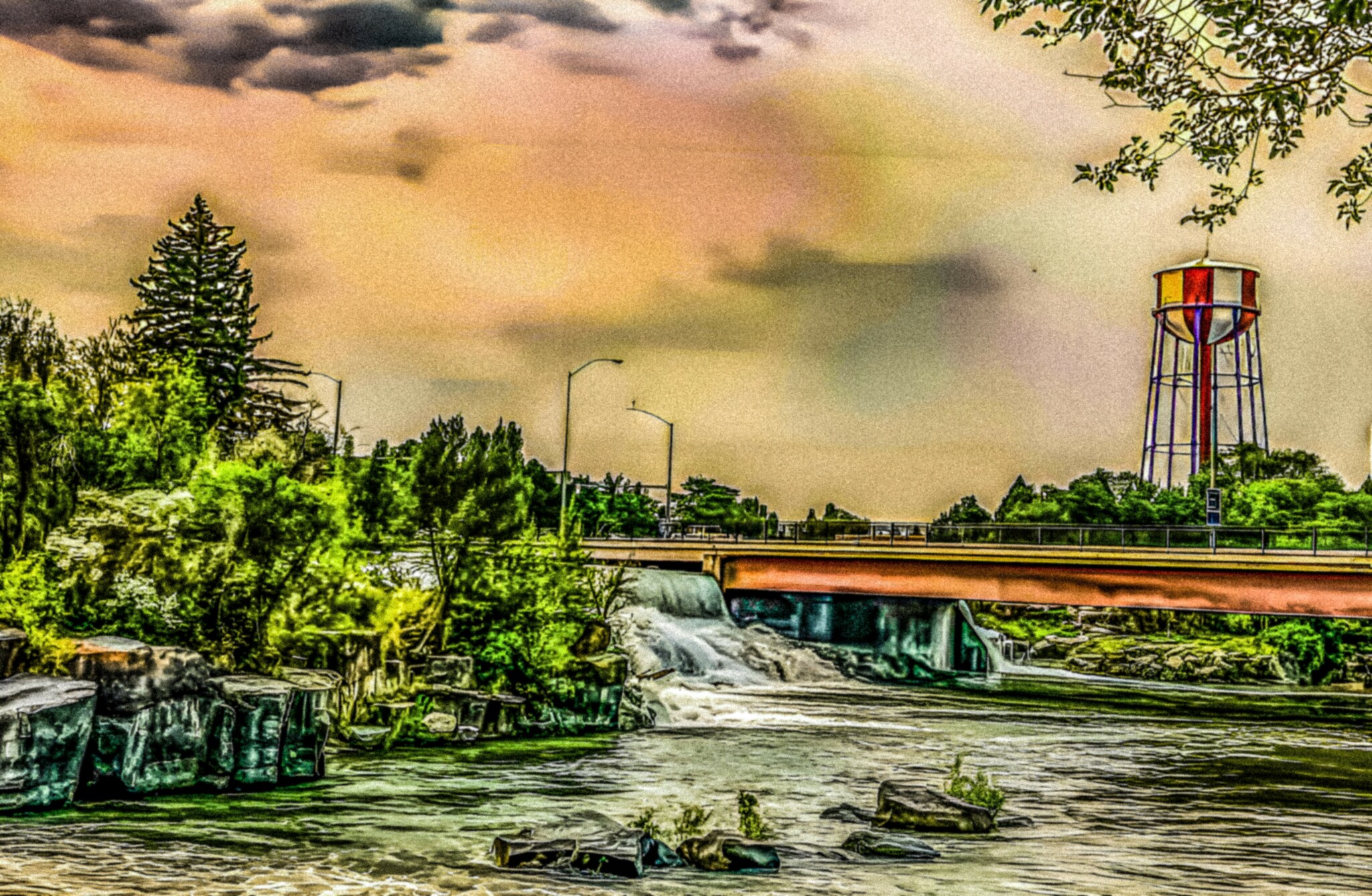
Let’s talk about resilience next – do you have a story you can share with us?
In many ways, I have been working to create communiteabooks.com since I was 19 years old. I could feel that dream unfolding, but I couldn’t see my path to get there. Essentially, I was lost. I moved cross-country, hoping to find it or some direction, but I might have been too close to home to see. While opportunities presented themselves to me I jumped at them hoping they would illuminate this path. Eventually, I moved to New York City, like any young artist with a reflection of the ’20s and ’50s in their eye. Before I moved to the city, I negotiated a place to live in an apartment off of Bronx Park East, across the street from the New York Botanical Garden.
I flew from Salt Lake City to Newark, New Jersey. I took the train to Penn Station and walked to a hostel near Times Square where I reserved a bed for a few nights while I organized my new life. In the meantime, I was having trouble contacting my new landlords. I called, emailed, and went to my new apartment, and none of my attempts were proving fortunate. I never heard from who would be my landlords again. Throughout the next few weeks, I hostel-hopped, looking for the cheapest bed — I stayed in some sketchy places. Ultimately, needing to save money for my own place, I stored my only possessions, two rolling suitcases with clothes and a few heirlooms, and began sleeping in subway stations. I weighed my options: parks, the trains, or recessed entrances. I’ve slept on the floor in a corner of Grand Central Station, on a giant-sized plastic hand installation in Times Square, on wooden station benches underground.
I’ve been in a few situations that demanded and matured my resilience; driving west aimlessly, moving alone to new cities and states, homelessness, and the ongoing challenge of creating a business. Looking for help from family and friends, rejected bank loans, building sales, lease expirations, stagnant product movement, moving across the country twice with a truckload of books, a fear of failure, and self-criticism. I’ve discovered resilience, at least for me, boils down to a single reminder: “If I quit today, tomorrow is where success was waiting.”
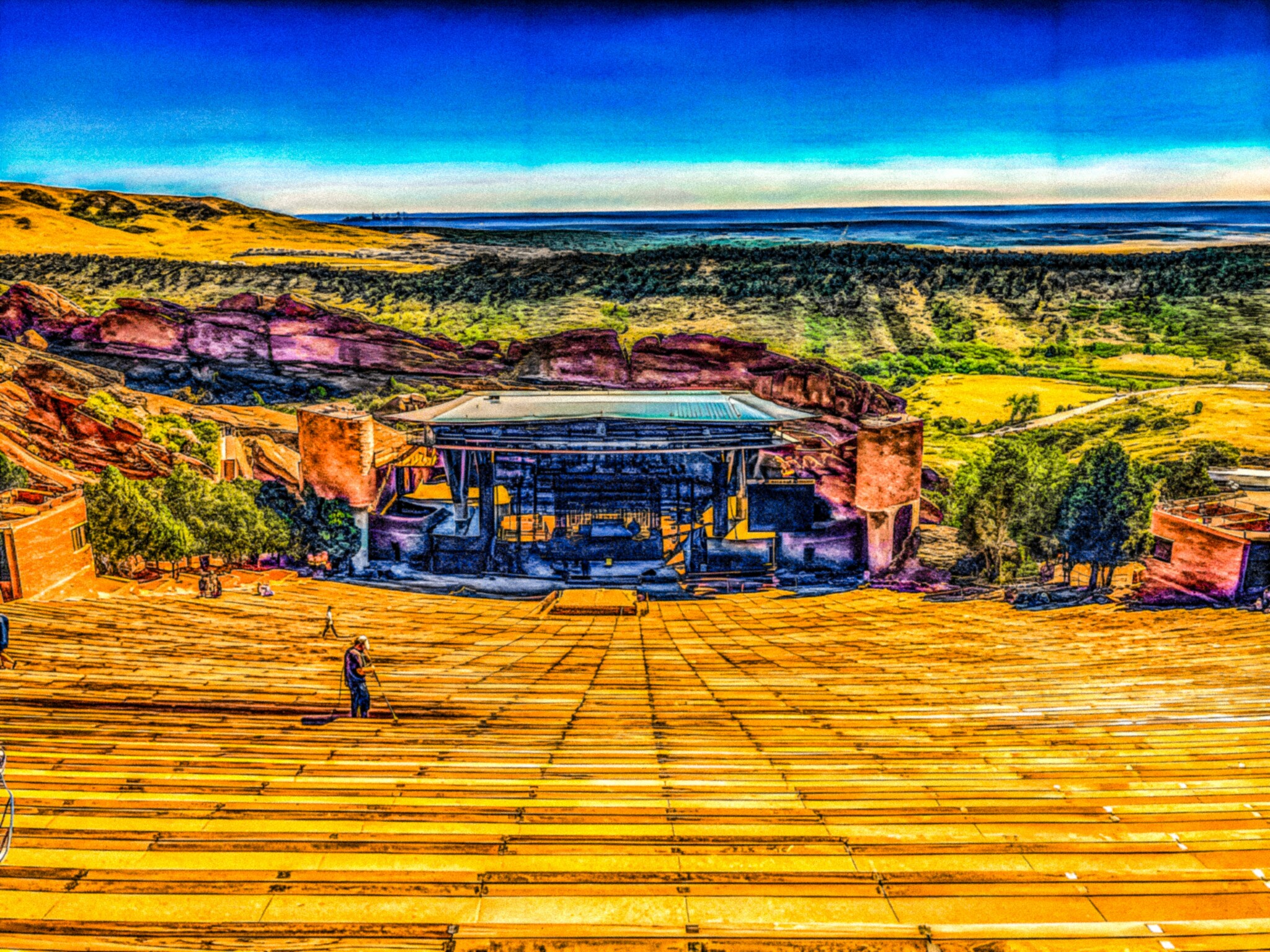

Any resources you can share with us that might be helpful to other creatives?
Mentors.
The help only an experienced person can offer. I don’t necessarily mean the partnerships that develop, the reliance and trust that come from pursuing similar dreams and goals. But rather, the confidence that comes from someone who’s been there opening up pathways to where you’re going. I’ve spent so much of my life not knowing what I was doing, right or wrong. Experience is such an invaluable resource, essential for personal and professional success.
Contact Info:
- Website: https://communiteabooks.com/
- Instagram: james.bonner978/
- Facebook: https://www.facebook.com/Communiteabooks/
- Linkedin: https://www.linkedin.com/company/communitea-books-online-bookstore-writing-digest-gallery/
- Twitter: https://x.com/CommuniTeaBooks
- Youtube: https://www.youtube.com/@communiteabooks
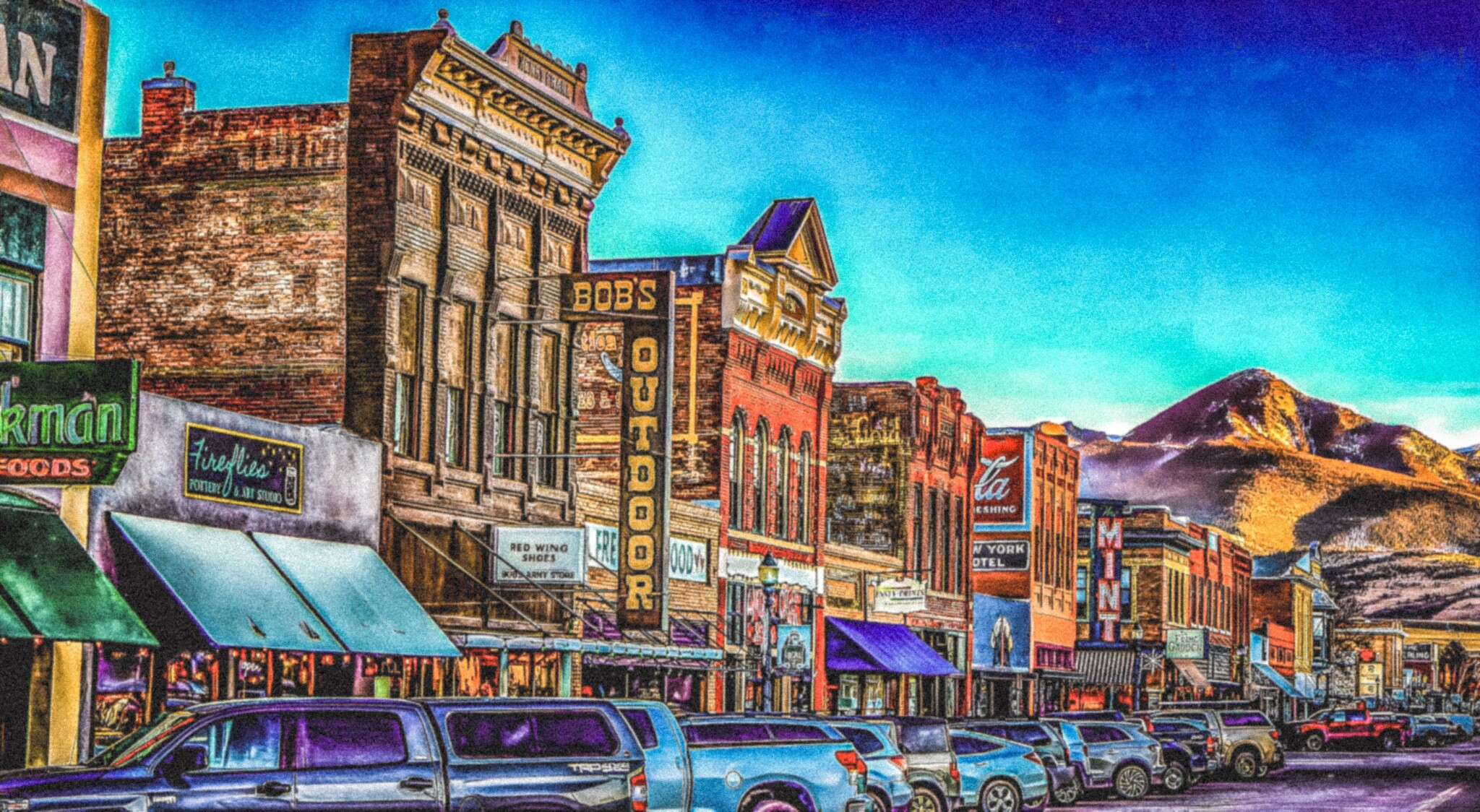

Image Credits
James Bonner


